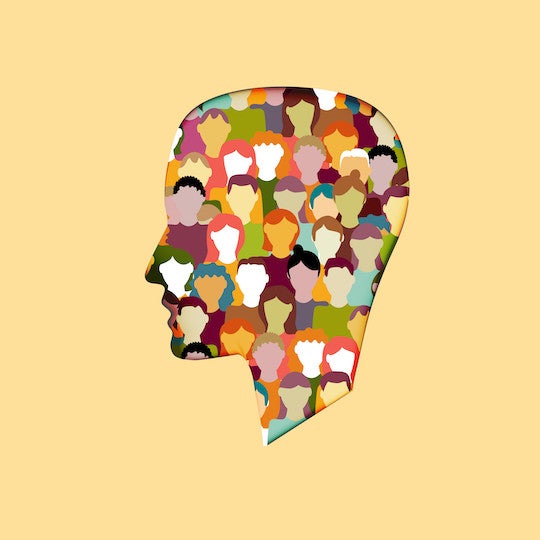The common struggle of remembering a face or a name gets more difficult as we age, and new research from Rice University aims to figure out why.
"A big barrier in the study of memory is creating research measures that accurately reflect the brain's experience," said Stephanie Leal, assistant professor of psychological sciences and lead author. "We developed this memory task to potentially be able to help identify memory problems earlier."
Difficulty in remembering face-name associations could be due to the high amount of "overlap and interference" across people, according to the study. Past memory research has not focused on natural barriers to memory such as common similarities between individual's facial features and names as well as how people can change their appearance slightly from day to day through hairstyle, clothing and accessories.
The study created a new face-name memory task that includes pictures of faces with varied similarity, emotional expressions, race and sex. The researchers purposely designed their experiment to activate the hippocampus, the area of the brain that helps us process our experiences and form memories.

With a sample of healthy young and older adults, both age groups struggled to perform when face-name interference increased, but overall, the older adults struggled to remember faces and face-name pairs more than the young adults. Young adults also remembered emotional faces better than neutral faces, but older adults better remembered positive faces.
This suggests that emotional facial expressions are a powerful modulator of memory, Leal said. Remembering negative and positive experiences with others is an important part of social dynamics that helps us communicate and interact effectively.
"It's likely adaptive that humans remember emotionally charged interactions to survive," Leal said.
The data also showed that white participants remember white faces better than other races - a result true for both the young and older adults. These findings are in line with the "other race effect," which is characterized as superior facial recognition of people within your own race due to more interactions and experience - or expertise - with them.
"It is important to consider what population you are testing and what kinds of information may be more or less relevant to that population as this could have significant impacts on memory," Leal said. "Prior work examining this effect and hippocampal pattern separation suggests that 'expertise' plays an important role in memory. We have stronger neural connections for people, places and things we have more experience with."
The study's task is designed to be generalizable across gender and race, variables often left out of previous research. It will be essential for future studies to include a more diverse sample of participants to determine the effects of sex and race on face-name associative memory, Leal said.
The study, "A novel face-name mnemonic discrimination task with naturalistic stimuli," was published in Neuropsychologia and will be in the upcoming October print issue. Co-authors are Renae Mannion of Bay Path University, Amritha Harikumar of Georgia State University and Fernanda Morales-Calva of Rice.
People who are interested in participating in Rice's ongoing memory research studies should visit http://memory.rice.edu/participate-in-a-study.






